The North remembers the fabled heroine, Hajiya Gambo Sawaba, as a voice of unheard women who, right from her infancy, cast fear into the pride of men. A fearless woman leader with adamantine nerves of steel, who bravely thumped her way in pursuit of justice, gender equality, and also disenfranchisement of northern Nigerian women. Not just because she embarked on life-threatening voyages, but because of the indelible impression she left on the sands of time for the new generation. Indeed, an icon of her personage refused to be demeaned by ignorant men.
Also in the stint of her political career, she wrestled against the inferior category of the gender she and her fellow women were placed in. Verily, the North remembers.
For those of you lot who do not have the slightest idea of what Hajiya Gambo Sawaba was like, this article shall offer you a didactic account of who this legendary hero is.
Family Background
Hajiya Gambo Sawaba was born into a Ghanaian-Nigerian home in 1933 to Isah Amartey Amarteifio, formerly known as Theophilus Wilcox, of Ghanaian descent, and Fatima Amarteifio of Nupe, a popular minority tribe in Nigeria.
Amarteifio graduated from the School of Survey in Ghana. However, his quest for greener pastures lured him to Nigeria. In 1910, he aspired to hone his surveying dexterity by applying to work for the Nigerian Railway Corporation. As an immigrant that arrived in Zaria, he embraced the religion of Islam. During that period, stumbled upon Fatima, a Nupe woman who hailed from Lavun, one of the Nupeland.
Fate played her cards in their favour and sooner they got hitched. Furthermore, the end product of their connubial bliss was their lovely daughter, Hajiya Gambo Sawaba.
Childhood and Education of Gambo Sawaba
Originally, her birth name was Hajaratu Amarteifio. In retrospect, Gambo was the natural name given to someone born after a set of twins. It was understood that she wasn’t the only child of her parents. As a child, she exhibited certain traits of defiance and people described her as a straightforward girl. Importantly, she was a kind-hearted girl who loved those that were mentally impaired, as well as those on the lowest strata of society.
Gambo had her way of connecting with them. Notwithstanding, she admitted that she was always a hungry fighter wanting to mete out justice on the oppressor. Often, she got entangled in street fights to protect those weak people close to her heart. All these shaped her in conquering the stigma of fear and abuse.
Growing up for Hajiya Gambo Sawaba was pitiful. She went to Native Authority Primary School situated in Tudun Wada. Soon, her education became officially discontinued. In 1943, kismet claimed the life of her father and three years later, that of her mother shortly after his demise in 1946.
It was the loss of her parents that stunted her educational advancement. While she nursed the pain of being orphaned by destiny, she was given in marriage to a Nigerian soldier in the second world war, Abubakar Garba Bello at the age of thirteen. Gambo was later pregnant with Bilkisu, their only daughter when her husband went into obscurity, and his whereabouts remained unknown.
A few years later, she married Hamidu Gusau, a marriage that didn’t last because of the series of fracas they got involved in.
Early Political Activism
Contrary to hordes of men that wait till adulthood before they enter the maze of politics, Hajiya Gambo Sawaba stunned the world by joining politics at the age of seventeen. At that period, the ruling political party in northern Nigeria was Northern People’s Congress (NPC).
This powerful party gained prominence and dominance with the influence of the Emirs and the British Colonial Authority. She, on the other hand, was on the side of a newly formed opposition party, Northern Element Progressive Union (NEPU) by Malam Aminu Kano, a school teacher in Kano. It was easy for her since the party had another chapter in Zaria. The party was known to carry out meetings in secret without the knowledge of the police.
Because of her remarkable contribution to the party, she was appointed as a woman leader of the women’s wing of the party’s chapter in Sabon Gari, Kaduna. That feat led to the emergence of her name “Sawaba”. She was given this name by Malam Aminu Kano who duly recognised her. Later on, she travelled to meet a popular female activist in Nigeria, Funmilayo Ransome-Kuti.
NEPU favoured women in terms of educational advancement and allowed them to pursue their political dreams. They were also against the sabotage of colonialism and the looming corruption in society. And so, it was a huge stepping stone that gave Hajiya Gambo Sawaba a powerful voice.
Moreover, some months later, this political juggernaut garnered so much attention when she delivered an outstanding speech in Zaria, which increased her political fame. Notable people like Alhaji Gambo Sawaba was in attendance. He marvelled at her courage to speak in the face of men. Unlike people with an interest in power and wealth, Gambo’s interest in politics was solely to champion her ideology for the benefit of women. As a result of that, her feminist movement gained momentum.
Hajiya Gambo Sawaba was lionhearted. She possessed an overt personality of courage like that of Ser Brienne of Tarth. If Gambo had yielded to the subjugation of women, her voice will never have echoed in Northern Nigeria. While she took politics as a major niche, she also augmented it with women’s rights activism, a hobby she had taken with utmost seriousness right from time.
After her campaigns, she elevated her status by meeting women to give them listening ears because women were not regarded in the political arena due to purdah. She fought against forced marriages, child or underage marriages, amongst others.
Little did she know that her actions were put under scrutiny.
Hajiya Gambo Sawaba’s Persecution, Imprisonment and Franchise Movement
In 1952, she was submitted before the Kano Magistrate court and charged for inciting women to participate in political activism. And the verdict passed upon her was a three-month prison term. This was the first amongst the many times she was jailed.
Subsequently, she got apprehended and she would have a cloth in her possession with “Prison Yard” boldly engraved on it whenever the policemen seize her. Realising what a headache she proved, the Kano authority deported Hajyia Gambo Sawaba back to Zaria. To ensure she left, she was tagged along with some securities.
Her political activism continued in a relentless style. This time, the authority of Zaria couldn’t condone her behaviour, and so she was thrown in Zaria Central Prison. Other times, she was heavily battered and her hair shaved off. However, in the course of her mission towards a better society for women, Gambo wasn’t alone. Some of them were killed in its course while some were badly molested. Statistically, she became ranked as the most arrested woman in Nigeria history.
Gambo, with some of her subjects, continued to voice out their rights. They went to the extent of storming the office of Sir Ahmadu Bello, the Regional Premier of northern Nigeria. Ahmadu Bello assured them that things would favour them. But alas, nothing tangible came to their satisfaction.
Lastly, she was never successful in her elections throughout her period with all the parties she participated in. Ultimately, in 1998, she tendered her retirement from politics. She died not much later
Gambo Sawaba’s Death
Hajiya Gambo Sawaba died on 14th October, 2001. After a very fulfilling and telling life, Hajiya Gambo Sawaba passed away like a true legend. Her death was a result of a natural cause. The deceased became one of the cornerstones of the women’s rights movement in northern Nigeria today.
She has become a roving inspiration to the voiceless women of northern Nigeria.
Honourary Recognition and Legacy
Because she lived an exemplary life, society deemed it worthy that she should be remembered in valorous ways. In Kaduna, a General Hospital was named after her.
While in Bayero University Kano, a hostel was also named after her as well.
Conclusion
From a perceptive vantage point, it can be concluded without an inkling of doubt, that Hajiya Gambo Sawaba believed in Karl Marx’s theory of an ideal society. Not many northern Nigerian women today know about her existence because history has been treated recently with sheer contempt. Hajiya Gambo Sawaba was an icon without pretension. She was a mentor of substance and succour.
Hitherto, in a Shakespearean rephrase, Gambo should be honoured and not to be praised. The riveting, relentless and unrivalled roles she played for a better northern Nigeria shows that she’s a woman that roots for her gender to be regarded. But not to remain docile as victims of purdah. One fact about this legend remains certain, the North will forever remember the noble cause she sacrificed her life toward.
Don’t forget to share your thoughts in the comment section.

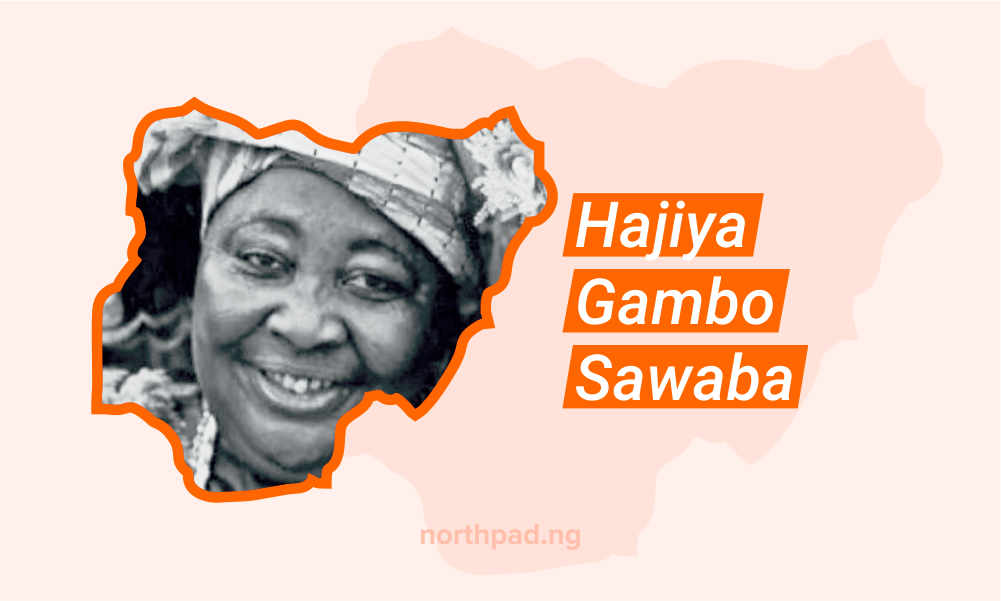

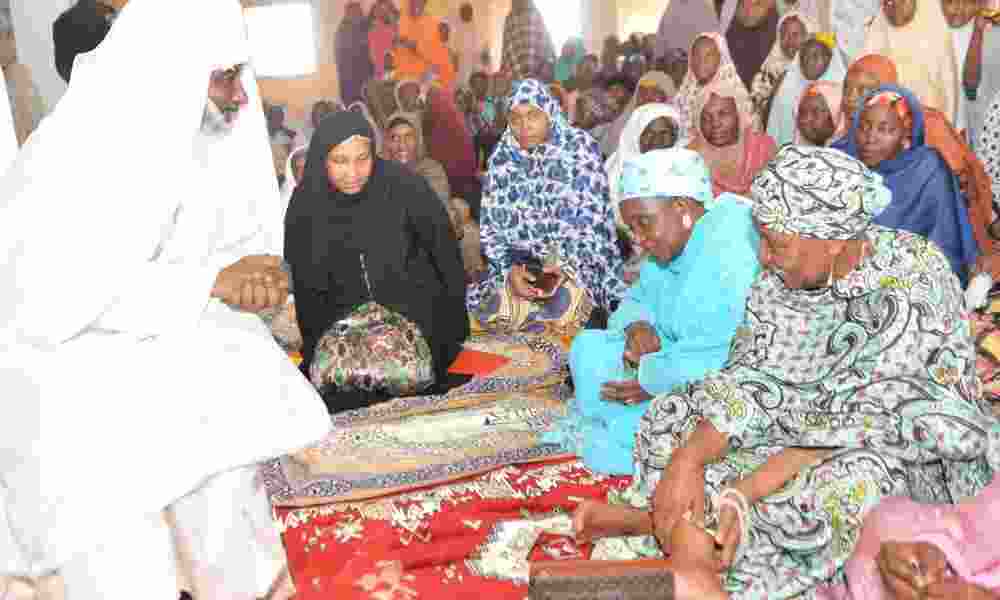
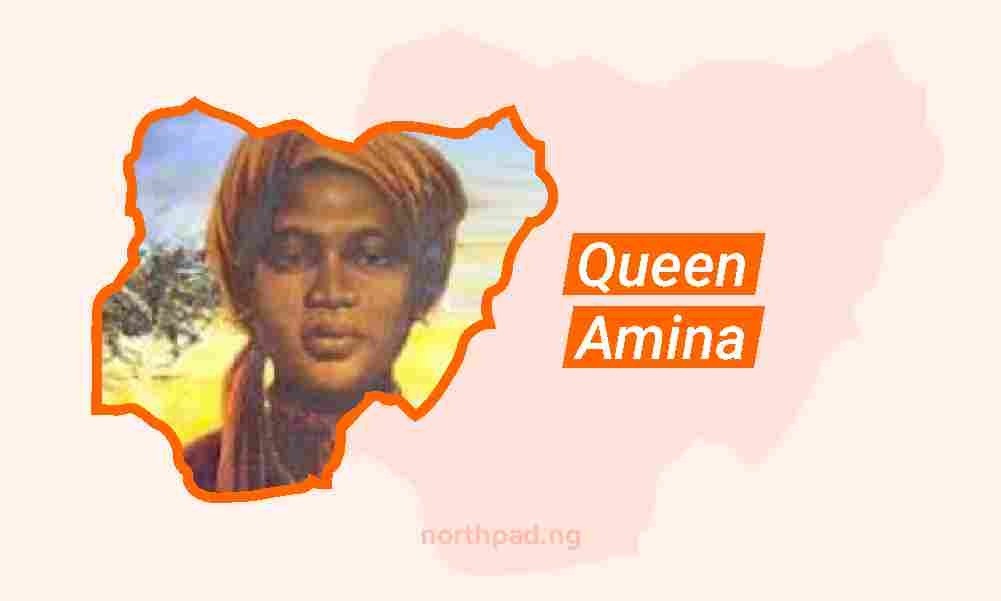
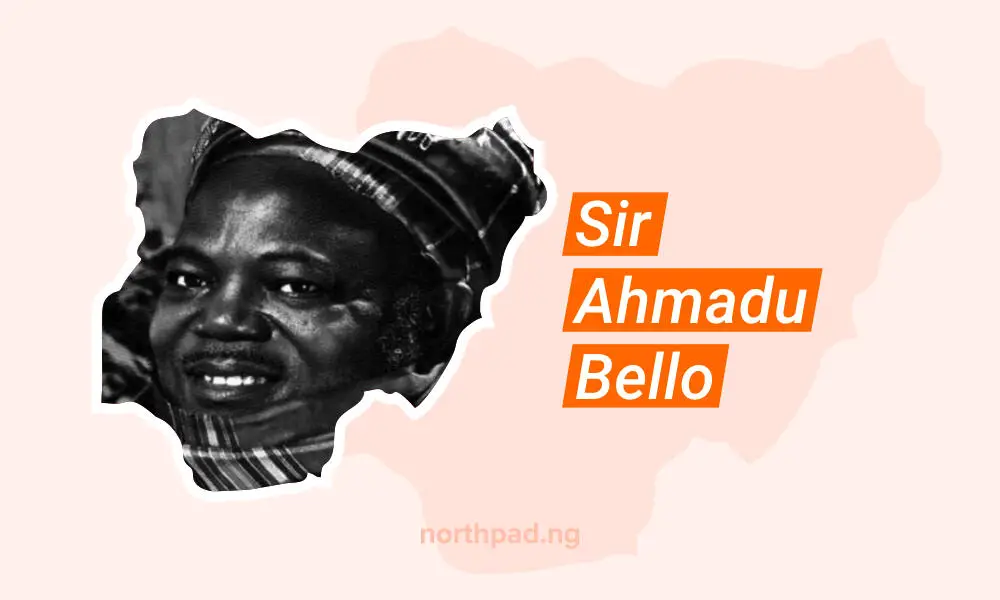
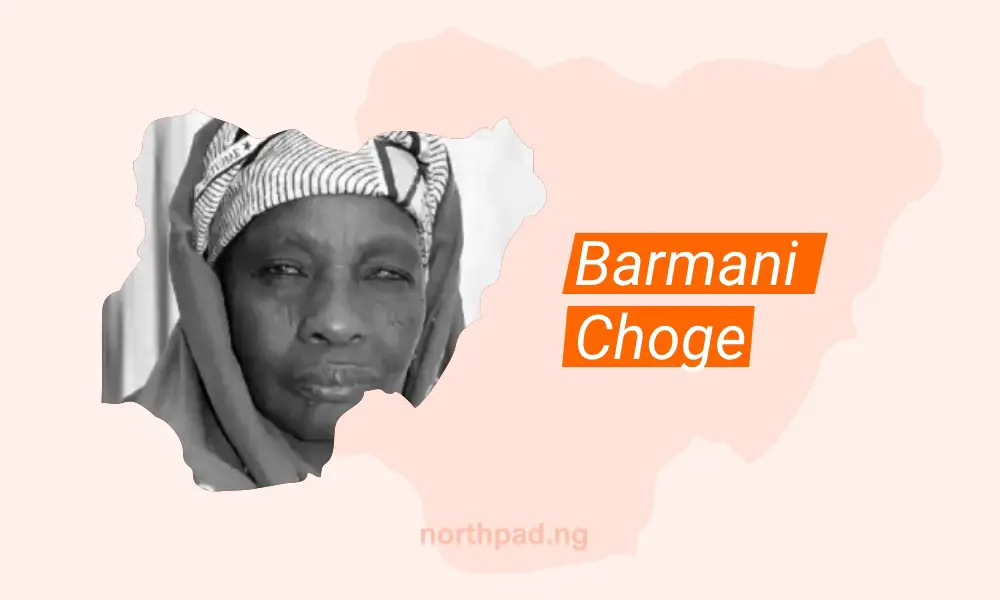
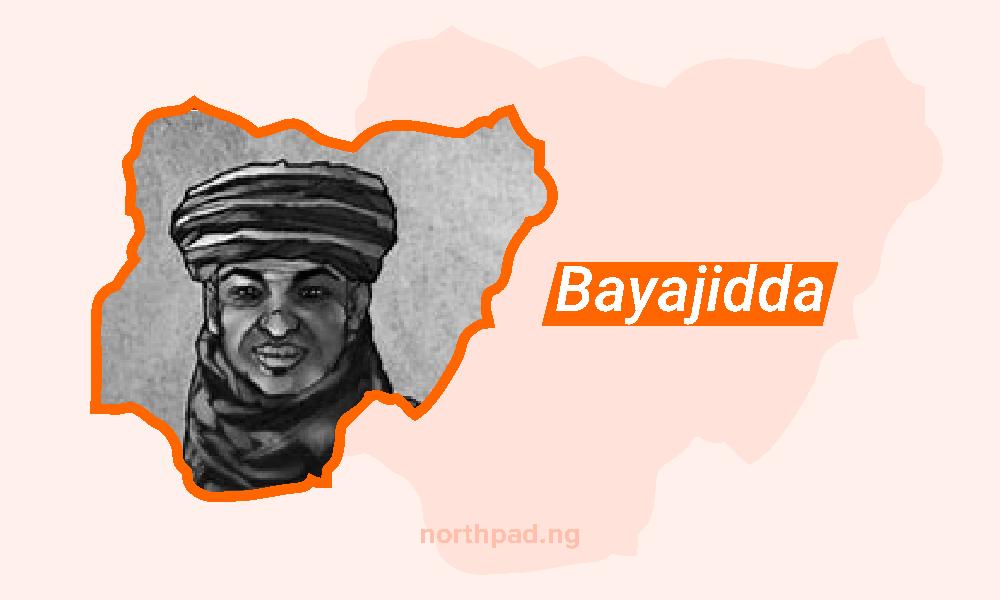

Hajaratu was her real name…. it ringing a bell🙃
Heh! I can see that 😏
She is indeed a true women fighter . I wish those claiming to be women fighters now can emulate from her.
Honestly. History will always appreciate her contribution to northern Nigeria and the world at large. Thank you sir.
Didn’t know Hajiya Sawab but you painted me the perfect picture. Well articulated and very brief, love it
Hehehe. Gracias, señor.
Proud Of You Bud 😭
Ess😭…Arigato sensei.🙏🙏🙏
Omoishiroi👏🏼👏🏼👏🏼
Arigato sensei
Leaders will always be leaders.